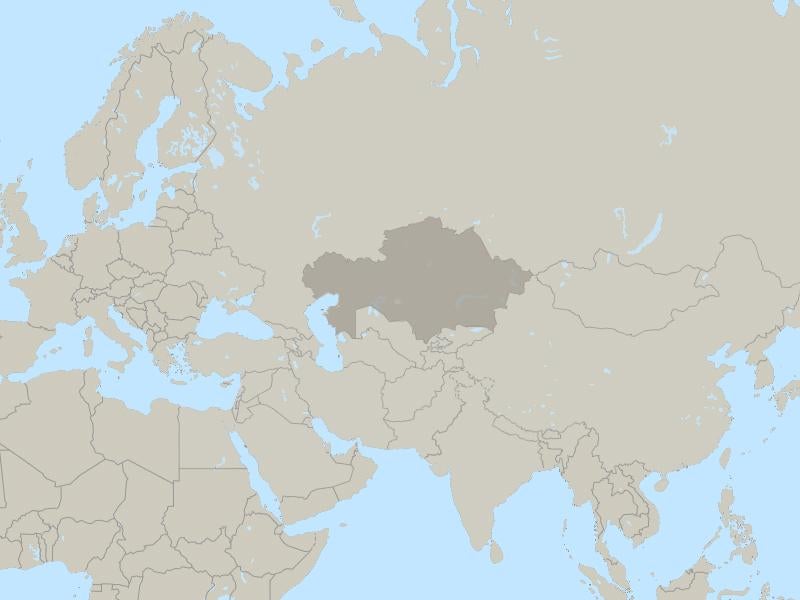קזחסטן
Since independence in 1991, the Kazakhstan government prioritized economic development over political and human rights reforms. However, President Nazarbayev who held power for 30 years stepped down in March 2019, creating an opportunity for the new government to undertake meaningful and tangible human rights reforms. Kazakh authorities routinely break up or prevent peaceful protests criticizing government policies and suppress independent trade union activity, closing trade unions and imprisoning trade union leaders. Kazakh authorities have used politically motivated prosecutions to silence government critics, including on the vague and overbroad charge of “inciting discord.” Human rights defender Maks Bokaev is serving a 5-year sentence for expressing his peaceful, if critical, views. Impunity for torture and ill-treatment persists. Kazakhstan has ratified the Convention on the Rights of Persons with Disabilities, but children with disabilities are largely denied a quality, inclusive education.
